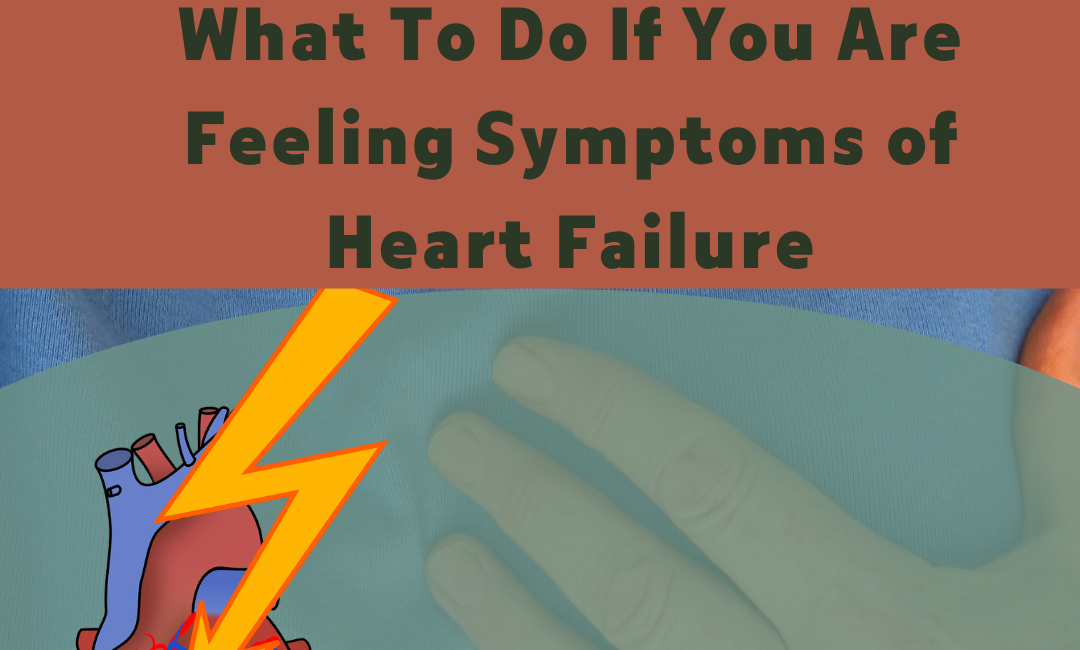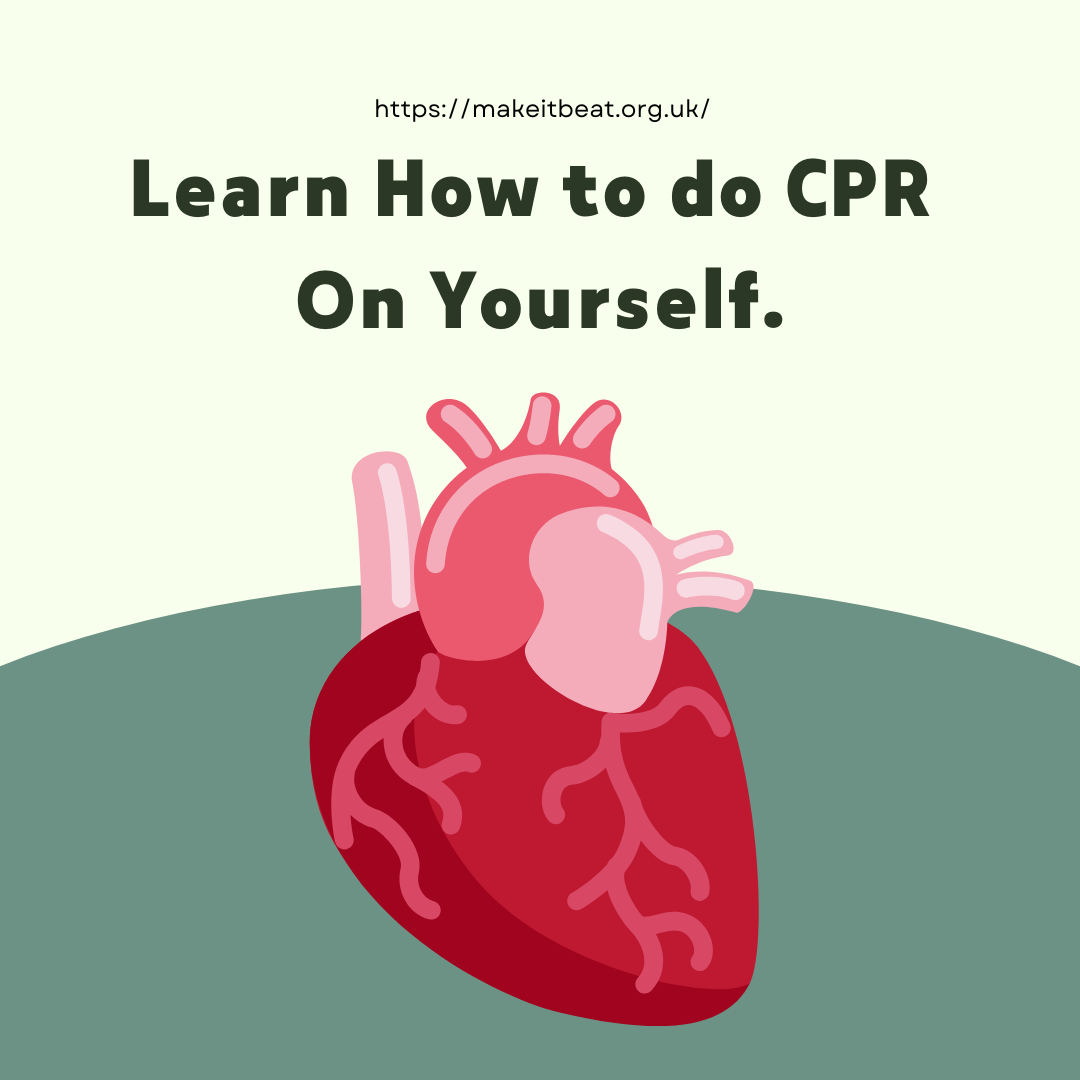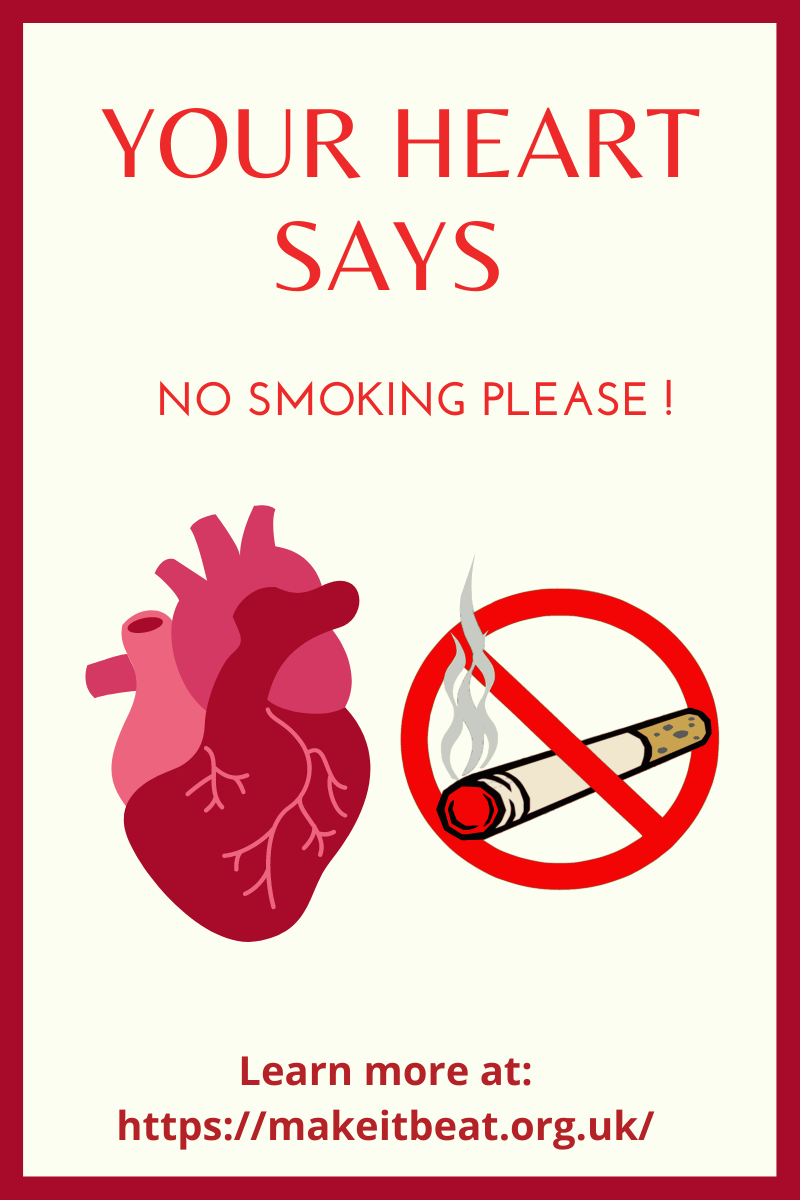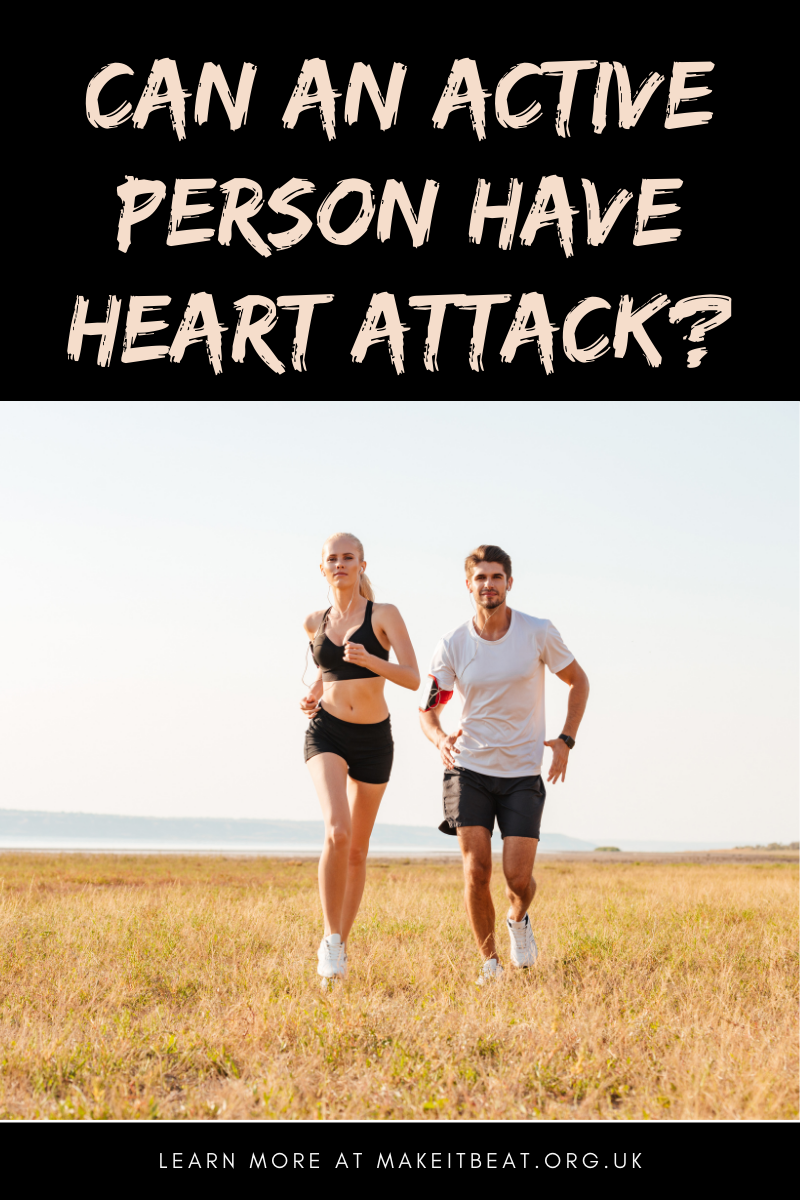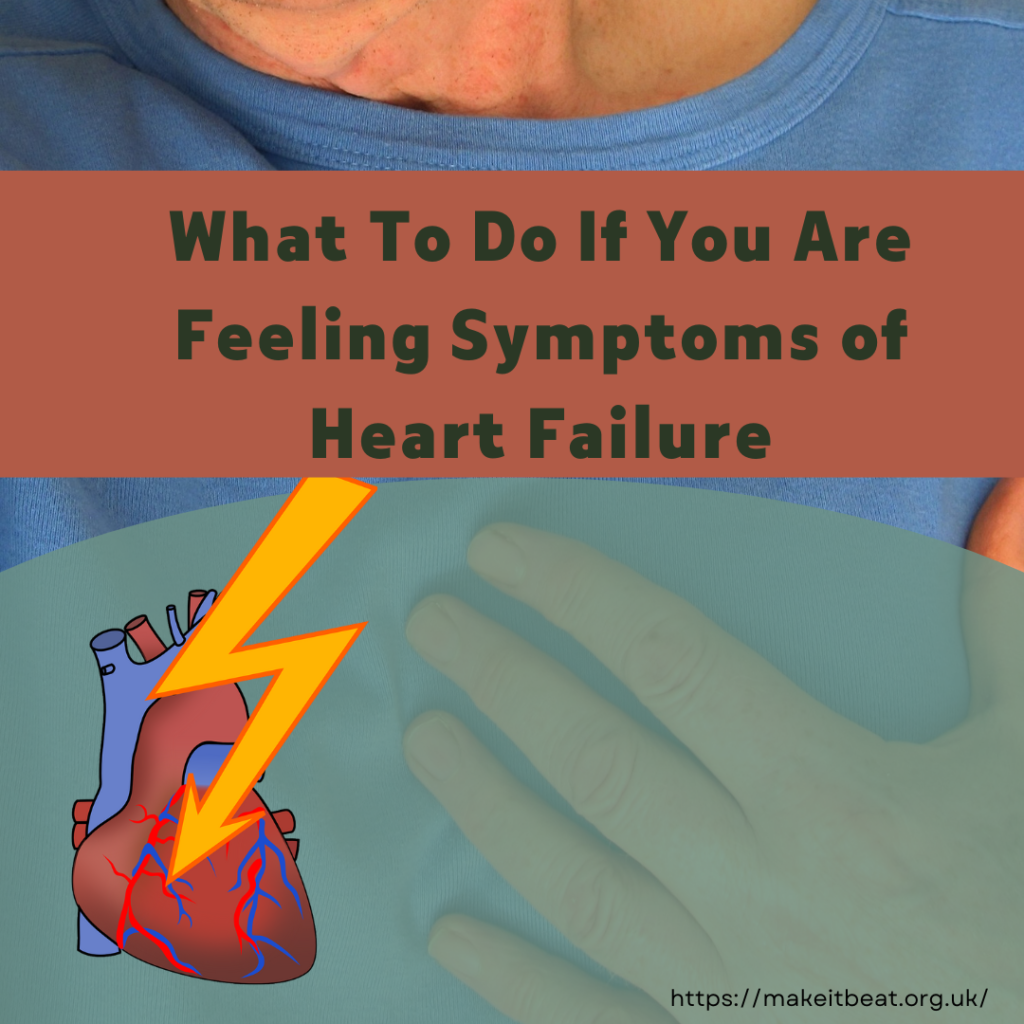
What to do when you experience a heart attack? You might be driving down a busy street in the middle of it. You are the only person, no one can assist you more quickly than you can.
Cardiopulmonary resuscitation (CPR) is a life-saving technique used to revive someone who has suffered a cardiac arrest. It is important to know how to perform CPR, not only on others, but also on yourself, in case of an emergency. In this article, we will discuss how to perform self-CPR in case of a heart attack when you are alone.
First, it is important to understand what a heart attack is. A heart attack occurs when there is a blockage in one or more of the coronary arteries, which supply blood to the heart. This blockage can cause the heart muscle to become damaged or die, leading to a cardiac arrest.
If you suspect that you are having a heart attack, the first thing you should do is call emergency services and let them know your location. While you are waiting for them to arrive, you can begin performing self-CPR.
To perform self-CPR, you will need to perform chest compressions on yourself. Here is a basic guide to self-CPR:
- Locate the lower half of your breastbone, which is located at the center of your chest.
- Place the heel of one hand on top of the other hand, and then place the tips of your fingers on your breastbone, directly above your hand.
- Press down on your breastbone with your fingers and hands, using your body weight to compress your chest. You should compress your chest to a depth of about 2 inches (5 cm).
- Release the pressure on your chest, and then repeat the compressions.
- Continue to perform compressions at a rate of about 100 to 120 per minute until you regain consciousness or until emergency medical personnel arrive.
It is important to note that this is just a basic guide, and if you are in a situation where you need to perform CPR, it is best to call emergency services and wait for them to arrive. Additionally, this is not a substitute for professional training in CPR.
In addition to performing CPR, you should also take an aspirin (if you are not allergic to it) as soon as possible as it can help to reduce the risk of death from a heart attack by dissolving blood clots.
In conclusion, knowing how to perform self-CPR can be a lifesaving skill, especially in case of a heart attack when you are alone. It is important to call emergency services immediately and wait for them to arrive. It is also important to have knowledge of basic first aid and take an aspirin if you are not allergic to it. Remember, the most important thing is to stay calm and act quickly.

